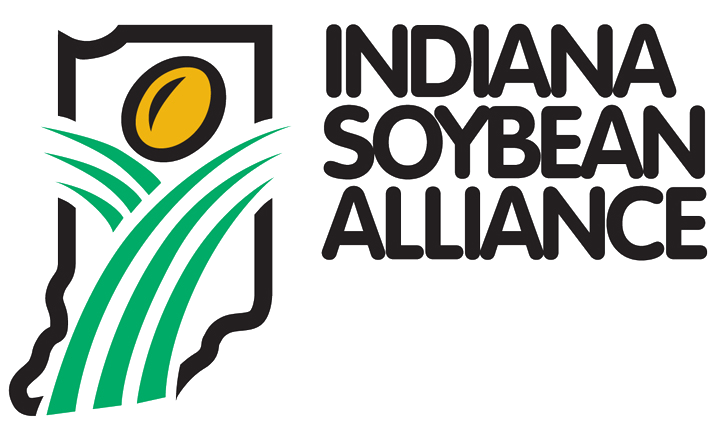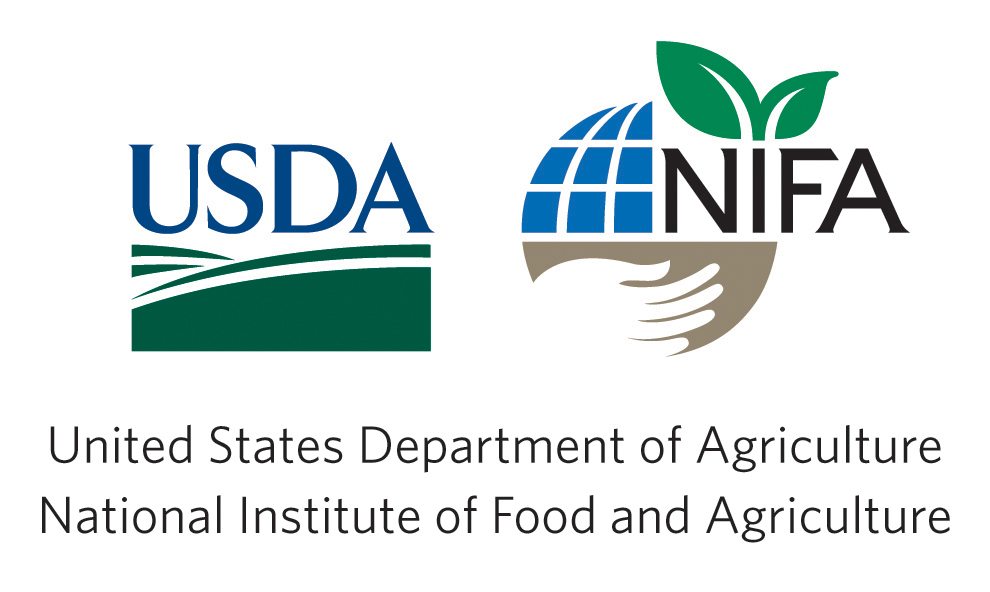Current Funding
United States Department of Agriculture (USDA)/National Institute of Food and Agriculture (NIFA). National Needs Graduate and Postgraduate Fellowship Grant (2020 – 2025). This training program, in collaboration with the Purdue Research Foundation, supports 6 PhD Fellowships in Quantitative Plant Pathology (QP3). As the PI of the training grant, Dr. Iyer-Pascuzzi supervises the program, including rotation opportunities and internships.
NASA: Spaceflight Defense Responses (2019 – 2024): Effect of Spaceflight and Simulated Microgravity on Plant Defense Responses. In collaboration with co-PI Erin Sparks at the University of Delaware, this grant supports our work to (i) send plants to the International Space Station to examine how spaceflight impacts plant immunity and (ii) investigate how microgravity impacts root colonization of the pathogenic fungus Fusarium oxysporum.

National Aeronautics and Space Administration
U.S. Department of Energy (DOE)/Small Business Innovation Research (SBIR) with Geometric Data Analytics (GDA), Inc., Principle Investigator Dr. Ken Ball, Co-Principle Investigator Dr. Iyer-Pascuzzi (2021 – 2023). In collaboration with Dr. Ball, this grant aims to develop strategies to phenotype root systems in minirhizotron images. Using these new strategies, we ask: How does root disease impact root architecture?

https://content.govdelivery.com/accounts/USDOESCIENCE/bulletins/26a8d48
U.S.-Israel Binational Agricultural Research and Development Fund (BARD). Elucidating the cross-talk between root microstructure and soil-borne pathogens (2020-2023). Using tools from the field of biomimetics, and in collaboration with Dr. Maya Kleiman at the Volcani Institute in Israel, we are investigating the impact of root surface microtopography on root disease. This work builds on our previous work with Dr. Kleiman, a materials scientist (Kumari et al. 2020, Plant and Soil).

National Science Foundation IOS (2017 – 2022): Dynamic control of columella root cap cell loosening and release in Arabidopsis. We identified a transcription factor, NLP7, that regulates release of border cells from the root cap (Karve et al. 2016; Karve and Iyer-Pascuzzi 2018). This grant supports our work to understand how NLP7 functions to control root cap release and development.

National Science Foundation
Previous Funding
FFAR New Innovator Award (2017 – 2019): A Multi-scale Approach to Unearth the Root of Plant Disease Resistance. This grant supports our work in (i) root cell-type – microbe interactions (Caldwell et al. 2017, Caldwell and Iyer-Pascuzzi 2019), (ii) hormone – defense cross talk (French et al. 2018), (iii) tomato microbiome (French et al. 2019 BioRxiv), (iv) Ralstonia solanacearum effector characterization, (v) impact of disease on tomato root architecture, and (vi) QTL analysis of bacterial wilt using aboveground phenotyping. For the last, we are collaborating with Dr. Ed Delp’s group in Purdue Engineering to develop improved methods for phenotyping wilting.

Foundation for Food and Agriculture Research
Indiana Soybean Alliance (2017 – 2018): Development of a Universal Method for High-Throughput Automated Root Phenotyping to Identify Root Traits in Soybean. This work supported our collaboration with Dr. Gord McNickle (Purdue Botany and Plant Pathology) and Dr. Jian Jin (Purdue Ag and Biological Engineering) to develop improved methods of phenotyping soybean roots in mini-rhizotrons (Wang et al. 2019).

Indiana Soybean Alliance
indianasoybean.com


